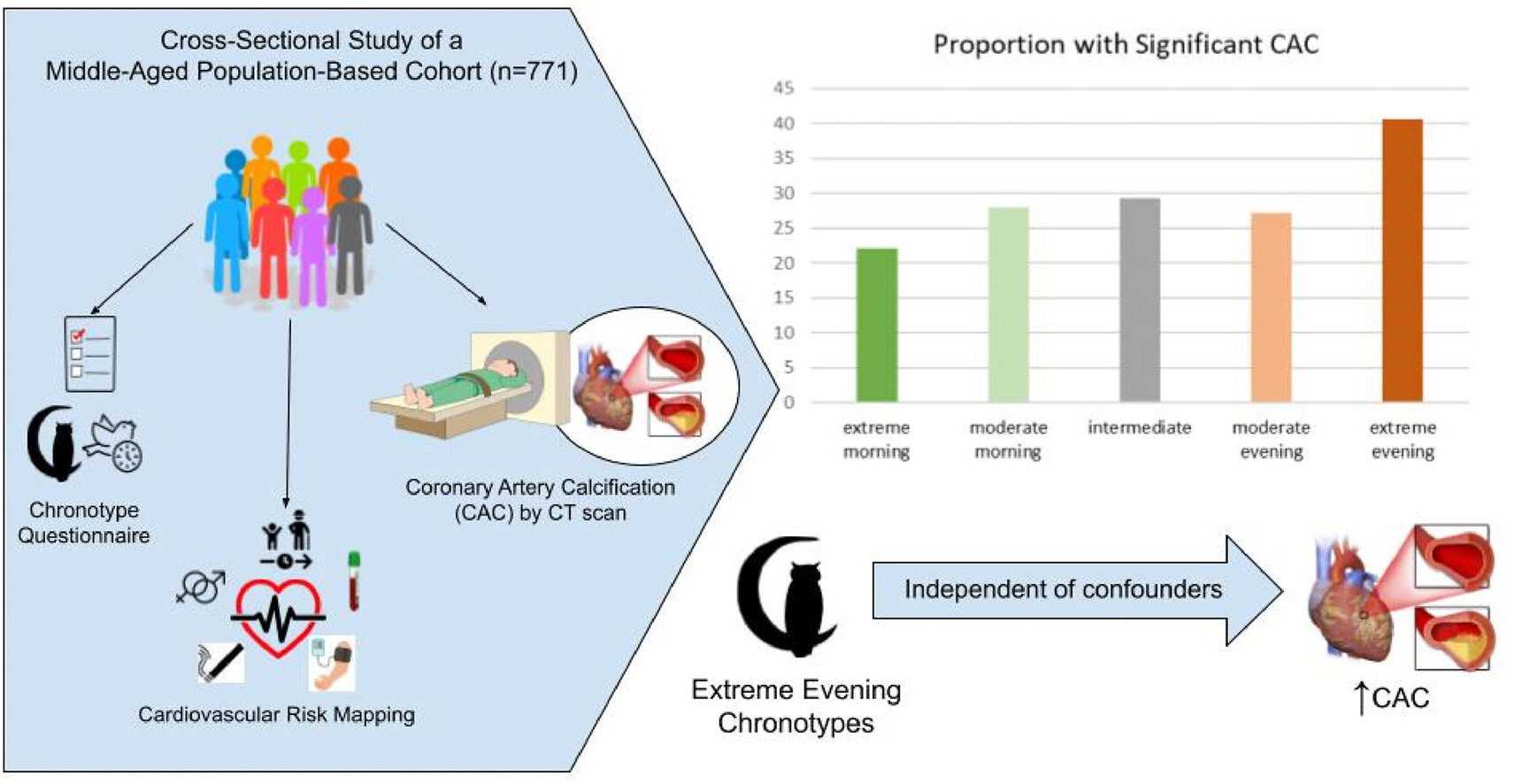Artery calcification is almost twice as common in night owls compared to early birds, according to a study from the University of Gothenburg, Sweden. Circadian rhythm appears to be particularly important for the heart and blood vessels during the early stages of the disease.
Artery calcification, or atherosclerosis as it is also known, involves fatty deposits accumulating on the inside of the arteries, making it harder for blood to pass through. The disease develops over a very long period of time, and is not noticed until it leads to angina, blood clots, heart attack, or stroke.
Previous research has shown that people with late-night habits have an increased risk of cardiovascular disease, but this is the first study to show how circadian rhythm specifically affects artery calcification.



I feel like this has to do with society being built around early birds, causing undue stress to night owls over their life.